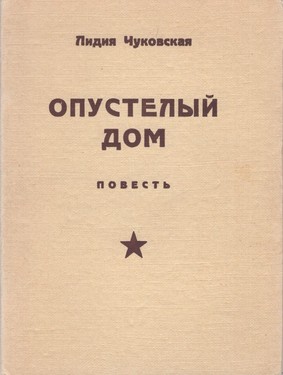Yuri Bolshukhin. Review of Novyi Zhurnal, №84

Окончание повести Лидии Чуковской «Софья Петровна» – скорбное свидетельство о пребывании «там, где мой народ, к несчастью, был» (А. Ахматова). Что сказать об этом произведении? Особых художественных достоинств в нем немного, что, конечно, никак не снижает ни исторической, ни психологической ценности вещи. Примечательно в ней то, как Софья Петровна создает легенду, будто ее сына выпустили. Это очень сильное, потрясающее место повести. Невероятной кажется беспредельная наивность героини, искренне поверившей в реальное существование вредителей и «врагов народа». Ребятишки – юные пионерчики принимали это казенное вранье за чистую монету, взрослые люди – нет, разве уж совсем темные существа. Страх и трепет был. Ради страха и предприняла диктатура террор. Но веры в пропагандные <sic!> мифы не было.
The ending of the novella by Lydia Chukovskaia “Sofia Petrovna” is a sorrowful document on being “there, where my people unfortunately were” (A. Akhmatova). What is there to say about this composition? There is not much artistic merit in it, but of course that does not diminish its historical or psychological value. This work is especially notable for how Sofia Petrovna creates in herself the legend of her son being released. It is a very strong, astounding part of the novella. The boundless naivety of the heroine, who sincerely believes that pests and “enemies of the people” really exist, appears unfathomable. The children — young pioneers, took these official lies at face value, adults — did not, or perhaps only the most ignorant ones did. It was fear and awe. It was for the sake of fear that the dictatorship undertook terror. But there was no faith in propaganda myths.

